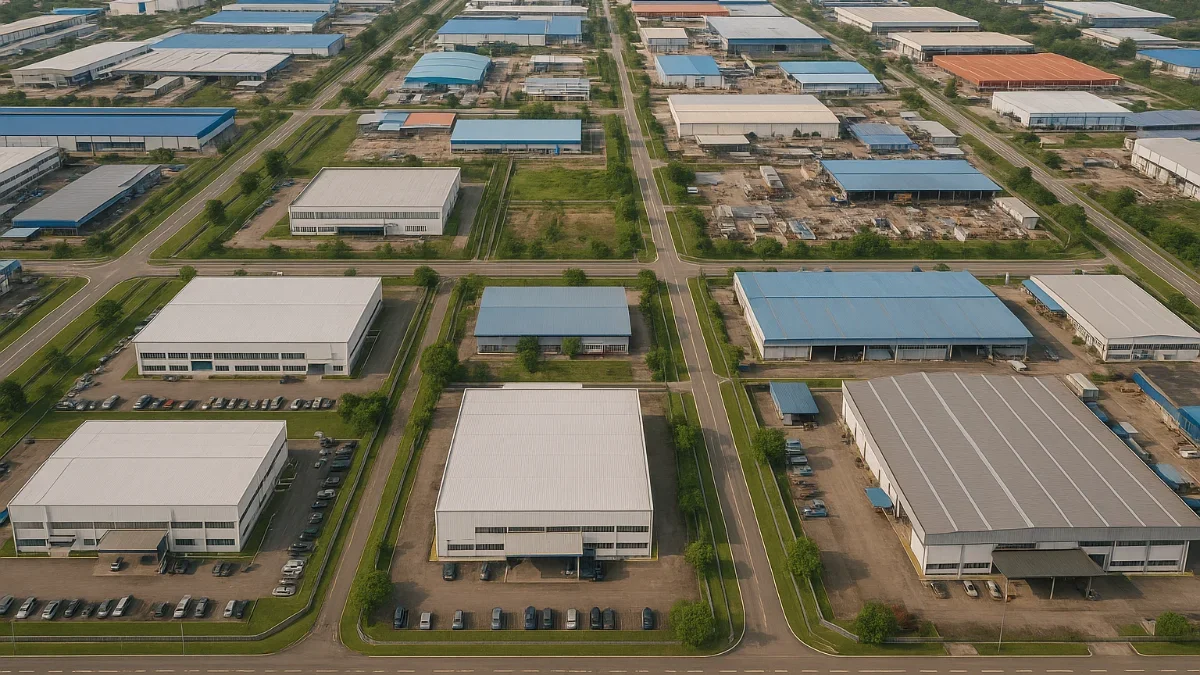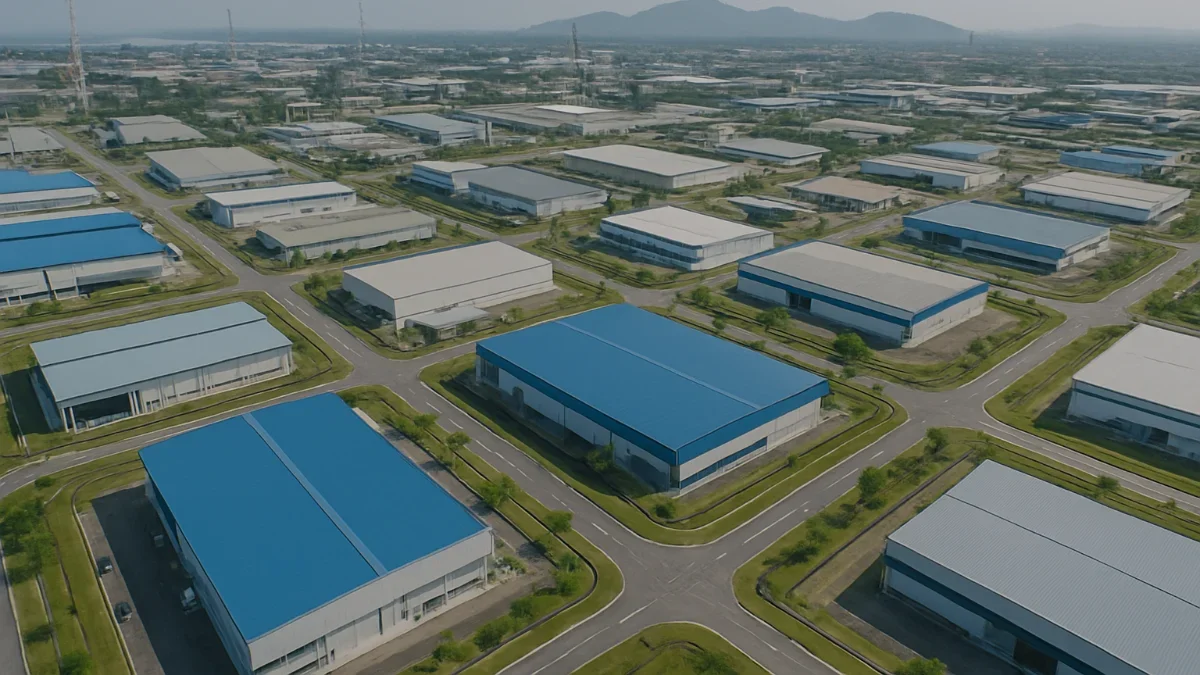The ECRL is reshaping Malaysia’s logistics and industrial property sectors. Discover why proximity to its route is key for future-proof industrial investment.
Introduction
Malaysia’s industrial landscape is undergoing a major transformation — and one of the biggest drivers is the East Coast Rail Link (ECRL). With completion phases advancing in 2025, this 665-km mega infrastructure project is opening up new growth corridors across Peninsular Malaysia.
For industrial property investors, logistics operators, and manufacturers, proximity to the ECRL is more than just a location benefit — it’s a strategic advantage. In this post, we break down how the ECRL is reshaping industrial investment patterns, and which zones are best positioned for growth.
What is the ECRL?
The East Coast Rail Link (ECRL) is a high-impact railway project linking the East Coast states (Kelantan, Terengganu, Pahang) to the West Coast economic hubs (Negeri Sembilan, Selangor, and Port Klang).
Key ECRL Stats:
-
Length: 665 km
-
Completion: Phases targeted between 2025–2027
-
Main Nodes: Kota Bharu, Kuala Terengganu, Kuantan, Temerloh, Mentakab, Nilai, Kapar, Port Klang
-
Capacity: 100 million tonnes of cargo per year
Top Reasons Why ECRL Proximity Matters for Industrial Investment
1. Enhanced Connectivity to Major Ports
The ECRL provides direct rail freight access between Kuantan Port and Port Klang, streamlining east–west cargo movement without needing to detour through the congested Central Region highways.
For export-driven industries (especially in automotive, electronics, palm oil, halal logistics), this opens up faster, cheaper logistics options.
2. Lower Transportation Costs
Rail transport can reduce logistics costs by 20–30% compared to road, especially for bulk goods and long-distance movement. Factories and warehouses near ECRL stations will enjoy last-mile rail freight advantages, reducing reliance on trucks.
3. Rise of New Industrial Hotspots
ECRL creates new logistics hubs in emerging locations like:
-
Temerloh / Mentakab: Inland logistics and manufacturing zone
-
Kuantan: Port-based heavy industries and petrochemicals
-
Nilai – Seremban – Kapar: Strategic West Coast terminals with proximity to KLIA and Klang Valley
Investors are now shifting attention from saturated Klang Valley areas to high-potential ECRL-linked zones.
4. Government-Driven Industrial Development
The Malaysian government is prioritizing ECRL corridor development via initiatives like:
-
National Investment Aspirations (NIA)
-
Malaysia Vision Valley 2.0 (MVV2.0)
-
Logistics and manufacturing incentives by MIDA and MITI
These zones are expected to attract foreign direct investment (FDI) and support smart manufacturing clusters.
5. Future-Proofing with ESG & Sustainability
Rail-linked logistics are more sustainable than road freight. Industrial occupiers increasingly prefer low-carbon infrastructure, and ECRL alignment supports ESG-compliant industrial operations — a key factor for multinational tenants and green funds.
Where to Invest Along the ECRL Corridor
| Location | Key Strengths | Suitable For |
|---|---|---|
| Kapar (Selangor) | Near Port Klang, last-mile hub | Warehousing, transshipment |
| Nilai / Bandar Enstek | Close to KLIA, MVV development | Logistics, tech manufacturing |
| Temerloh / Mentakab | Affordable land, central node | General manufacturing, agro-based |
| Kuantan Port Area | Deep-sea port access | Bulk industries, oil & gas |
Conclusion
As the ECRL nears completion, investors who position early near these logistics corridors stand to gain from long-term appreciation, tenant demand, and infrastructure-led growth.
Whether you're developing a new industrial park, acquiring land, or planning a warehouse hub, ECRL proximity should be at the top of your checklist in 2025 and beyond.
Looking to Invest in ECRL-Connected Industrial Property?
At TERRA Group, we specialize in industrial real estate solutions along Malaysia’s key growth zones.



